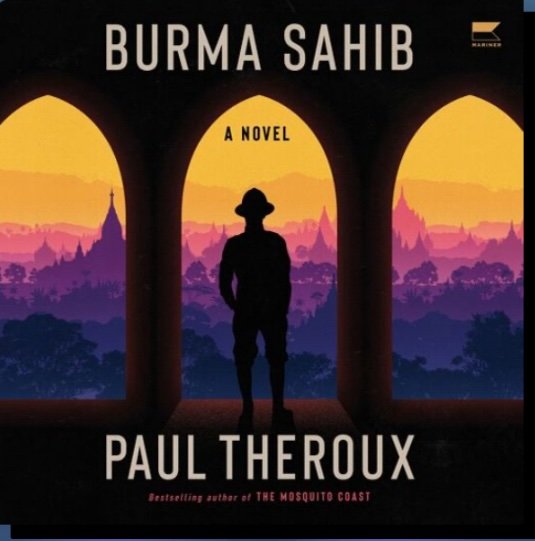“If it was good, it was golden.” History, Fiction, and the Writing Self
I find rambles through history as captivating as any other kind of rambling travel. Some of the histories I’ve wandered through have led me to the ramblings of the writer Eric Blair who became George Orwell, his nom de plume traveling right into the English language. Orwellian, right up there with Kafkaesque, is frequently conjured up as a reflection of all things authoritarian.
But there is so much more to this writer whose short life of 46 years was ended by tuberculosis. Consider Rebecca Solnit’s wonderful book on Orwell the gardener. Or the legacy of 1984. And as Jiayang Fan put it some years ago, more elegantly than I ever could, “Every so often, George Orwell’s essay ‘Shooting an Elephant’ finds me and demands a reckoning.”
Earlier this year, I listened to Paul Theroux’s fictional imagining of Orwell’s days as a police officer with the British Raj, Burma Sahib. There are so many layers to this book—the naive young man fresh from Eton who ships out to Burma, his training in the world of pukka sahibs and recruits both enthusiastic and bewildered, the terrible brutalities enacted on the locals, the stratifications of who belongs where and with what consequences, racial politics fraught with peril, and more.
But the Blair I found most fascinating was the writer in the making, the one who reached for words in his mind and his journals to make sense of the mindboggling world he found himself in. Empire was frequently a brutal business, and young Blair had to do brutal things—which he did, in sometimes excruciating scenes. But he struggled with them, and with himself.
We have seen some of these events before—a hanging, and the shooting of that elephant. Seeing them this way, in a novel, playing out moment by moment, along with other events both historical and imagined, is different. It places the personal and the imperial in ironic context, with colonizers and the colonized both trapped in an essentially inhumane system. The powerless young policeman who finds himself capable of doing great harm to others, simultaneously sees the beauty around him. He hates himself and yet he cannot help himself. Bearing witness, he must also see the world through the books he reads, and so we are privy to that journey as well, from Kipling to D.H. Lawrence and beyond. Above all, Theroux shows us, Blair must write it all down, and the novel’s prose often evokes Orwell’s own writings. Indeed, as Theroux’s narrative declares, “If it was good, it was golden.”
